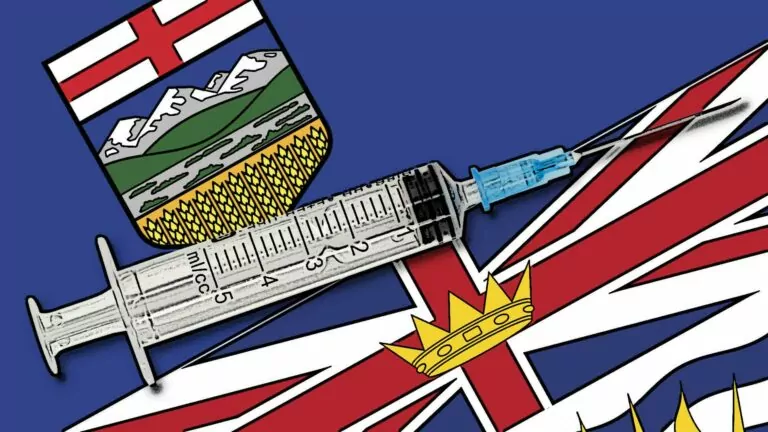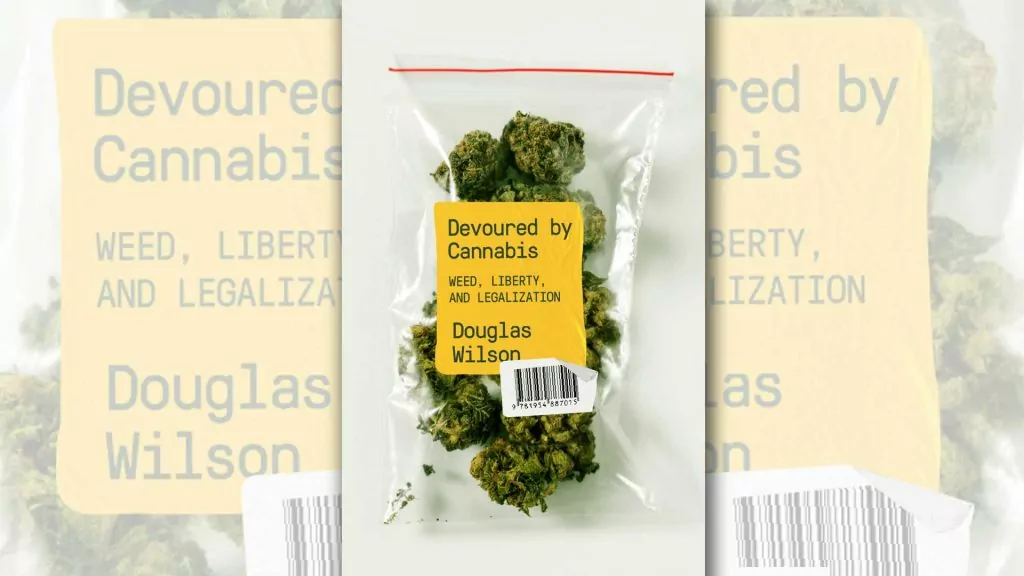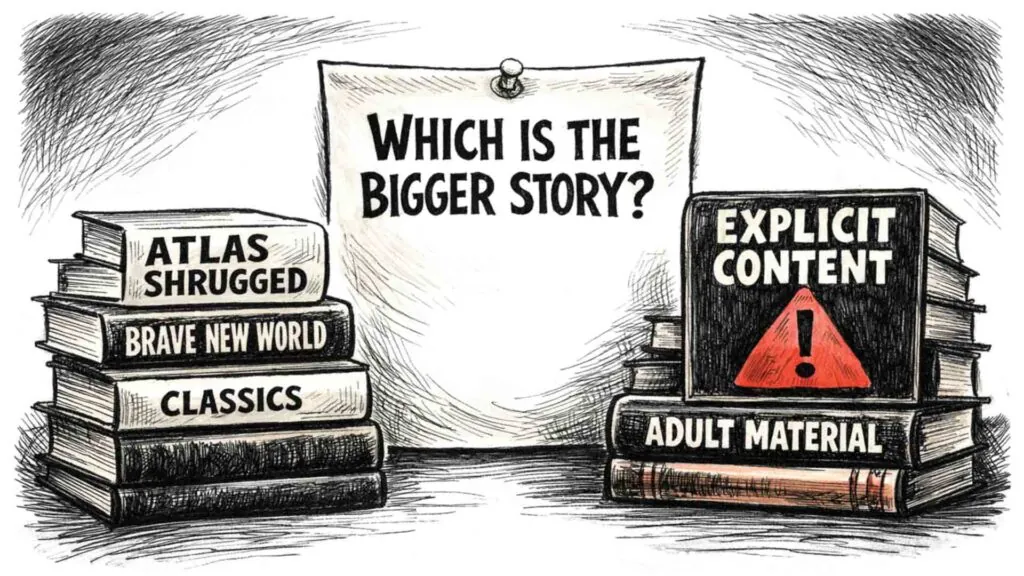Earlier this year, BC became the first province to decriminalize small amounts of illegal drugs. The policy was the latest “harm reduction” effort from the province’s NDP government. The province boasted that “British Columbia is taking a critical step toward reducing the shame and fear associated with substance use.” This move was approved by Health Canada, which granted a three-year exemption from federal drug laws.
Only a few months later, the effects are being felt in towns and cities throughout the province. “BC’s drug decriminalization experiment is off to a disastrous start” shouted the headline from the national affairs columnist in the Globe and Mail. Gary Mason proceeded to describe the situation on the ground, including a report from Mike Stolte, from Nelson, BC.
“I’m a pretty liberal person who has been involved in compassionate programs for hospices and other entities,” Mr. Stolte told the Globe and Mail. “So, I feel for anyone battling addictions. I was initially a fan of decriminalization but I think the longer we continue with this experiment, the more and more downtowns are going to cease to exist. Nobody will want to go near them.” Stolte now keeps a baseball bat and bear spray by his front door after experiencing four thefts in the last two months.
One province over, Alberta has refused to decriminalize drugs. Instead, they have been expanding the treatment spaces and now have capacity to serve 29,000 people every year. They also got rid of the fee for treatment. Instead of making drugs more accessible, they are making treatment more accessible.
On the heels of their provincial election, the province’s UCP government took it a step further by announcing it would introduce the Compassionate Intervention Act, which would give the province the authority to require chronic drug addicts, who are believed to be at great risk to themselves or others, to get treatment. This too would be the first of its kind in Canada.
“There is virtually no addict that makes a change in their life without some measure of intervention,” shared Marshall Smith, the chief of staff to Alberta’s Premier. He knows this from experience, having gone from being a staffer in the BC legislature to living on the streets in Vancouver for four years, as a result of a cocaine and meth addition. According to the National Post, he credits his recovery to the local police, who gave him the option of jail or a spot in a treatment center.
Although there are not yet statistics to compare the two approaches, BC overdose deaths have doubled since 2016, though there was a slight decrease of 1.5 percent last year. The drop was much larger in Alberta, at 12 percent last year.
BC’s approach rests on a belief that people should be free to pursue their desires, even if they are risky and dangerous. This is a similar strategy to that which was employed over the past half-century with the normalization of sex outside of heterosexual marriage, by focusing on “safe sex.” In contrast, Alberta’s approach recognizes that some activities need to be discouraged, even to the point of forcing people to change their lives. Although there is no explicit recognition of sin, nor an express desire to live in a way that respects our design as image bearers of God, Alberta’s approach is an encouraging step in the right direction. It will be important to compare the results of the two strategies in the coming year.












